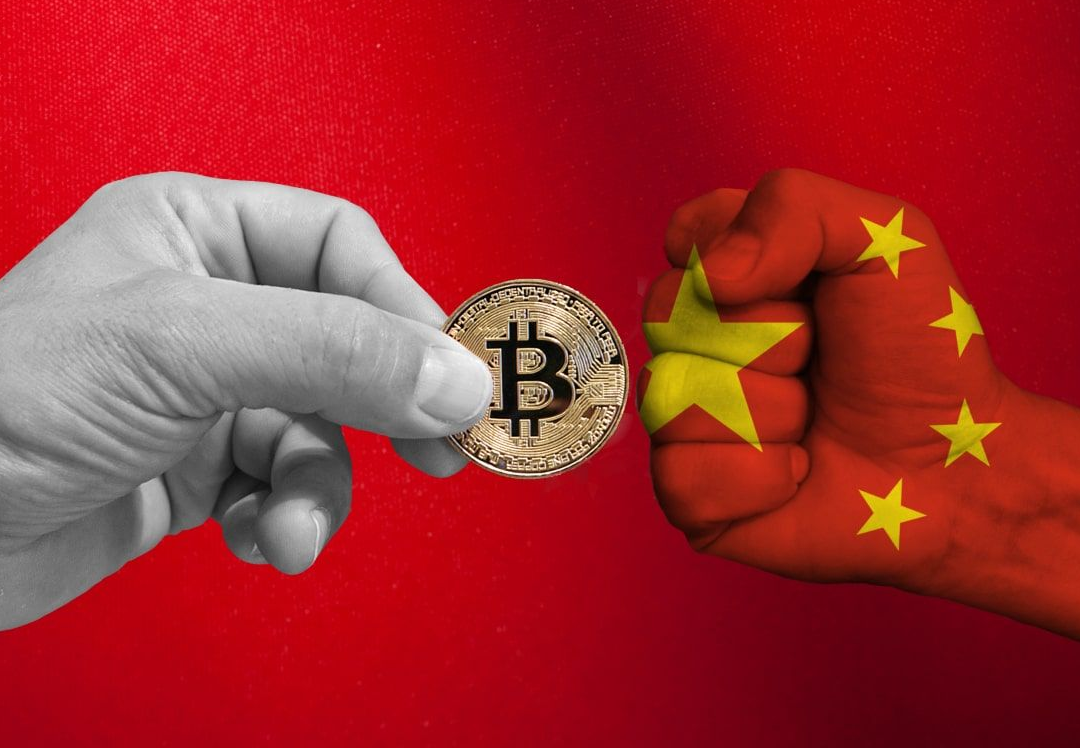Why does China keep banning bitcoin?
We just had another round of news from China hit the bitcoin markets and drive down the spot price. One thing that is very clearly the case is that news (or pseudo-news) about Chinese policy will change the price of bitcoin more than the policy itself. Markets usually react sharply and suddenly to news from China, but this is because markets are driven by psychology.
Whenever you get news from China, the markets go crazy, but then because it's all psychology they typically bounce back rather quickly, and within a few days people forget about the news. This raises the question – why "China bans bitcoin" appear so often in the news? And the reason for that involves a fundamental misconception in the West of how the Chinese government works.
In the West, there is a pretty clear division between public and private. The government issues a set of laws and regulations, and as long as you comply with these laws and regulations, you can do anything you want. Either you are selling powdered sugar, or selling cocaine. If you are selling cocaine, you do not pass Go, rather you go straight to jail. If you are selling powdered sugar, you can do anything you want, and the government is not going to give detailed instructions on how you should sell powdered sugar. Also, if you are selling cocaine, the government isn't going to announce that it will be stopping by to check up on you. Rather, if you are selling cocaine, the government wants to surprise you. There will be no warning, just handcuffs and jail time. In the present situation, people in the West are trying to figure out if the Chinese government considers bitcoin to be powdered sugar or cocaine, and all of the announcements about China banning bitcoin assume that the situation has changed so that what was once powdered sugar is now cocaine.
Except, China doesn't work this way. Even though China uses capitalist markets, the government still views itself as an economic manager. Part of this comes from the fact that even with markets, China is still run by a Marxist-Leninist government. However, this runs much deeper; the reason China exists is that you needed a government to build and manage things like the Great Wall, irrigation works, and granaries, and the Chinese government has been involved in economic management of such things for thousands of years. The Western flood mythology of Noah involves a person with a vision from God, whereas the Chinese flood myth of Yu the Great involves him setting up a bureaucracy to build dikes and irrigation works (with some help from a yellow dragon and a black turtle). The current Chinese government views bitcoin mines in much the same way that Chinese governments five thousand years ago viewed flood works and irrigation projects.
The big announcements you see are not regulations or laws rather they are "economic management instructions." It's as if your boss at work taps you on the shoulder and says that he'd rather you work on project X rather than project Y. This explains one interesting thing about "China banning bitcoin." In all the years that China has been banning bitcoin, no one has ended up in jail. If China viewed bitcoin from the view of law rather than economic management, you'd have to ask why don't they just surprise people and arrest them. More interestingly, whenever China has tightened management, they've always set things up so that people stop doing something, but no one loses money in the process. The reason that China isn't "banning bitcoin" permanently, is that things might change, and three months from now, the economic situation might be different, and the Chinese government might want people to resume mining and bitcoin OTC trading.
We have seen what happens when the Chinese government tightens regulations – now what happens when the Chinese government loosens regulations? Are you going to see some big announcement saying it's okay to mine bitcoin and conduct OTC trading? Absolutely not. When the Chinese government loosens regulations, they tell no one. It just happens. One day, someone that uses a bank account to buy and sell bitcoin just doesn't get that account closed. Pretty soon, word spreads, and human greed takes over. People start doing things that were difficult a few months earlier, and they do them because it makes money. Maybe someone that does business in bitcoin has tea with their government contact, and they mention that circumstances have changed and there's going to be laxer enforcement. None of this is usually publicly announced, and none of it has to be. Once someone figures out that they can do something to make money, and nobody stops this person, other people will just do it.
It is only when the Chinese government wants to hit the brakes that you see any big announcements. When the Chinese government wants to loosen control, it simply quietly lifts its foot from the brakes, stops enforcing rules, and lets human greed take over. Once you see how the system works, you see why China is always banning bitcoin. It's been banning bitcoin for the last decade, and you will likely keep hearing stories of China banning bitcoin for the next century. When this happens, just remember what happened the last dozen times China “banned bitcoin” – don't panic, and keep trading.
This is not investment advice, not Redot’s advice or opinion. Everyone should do their own research before trading anything.





